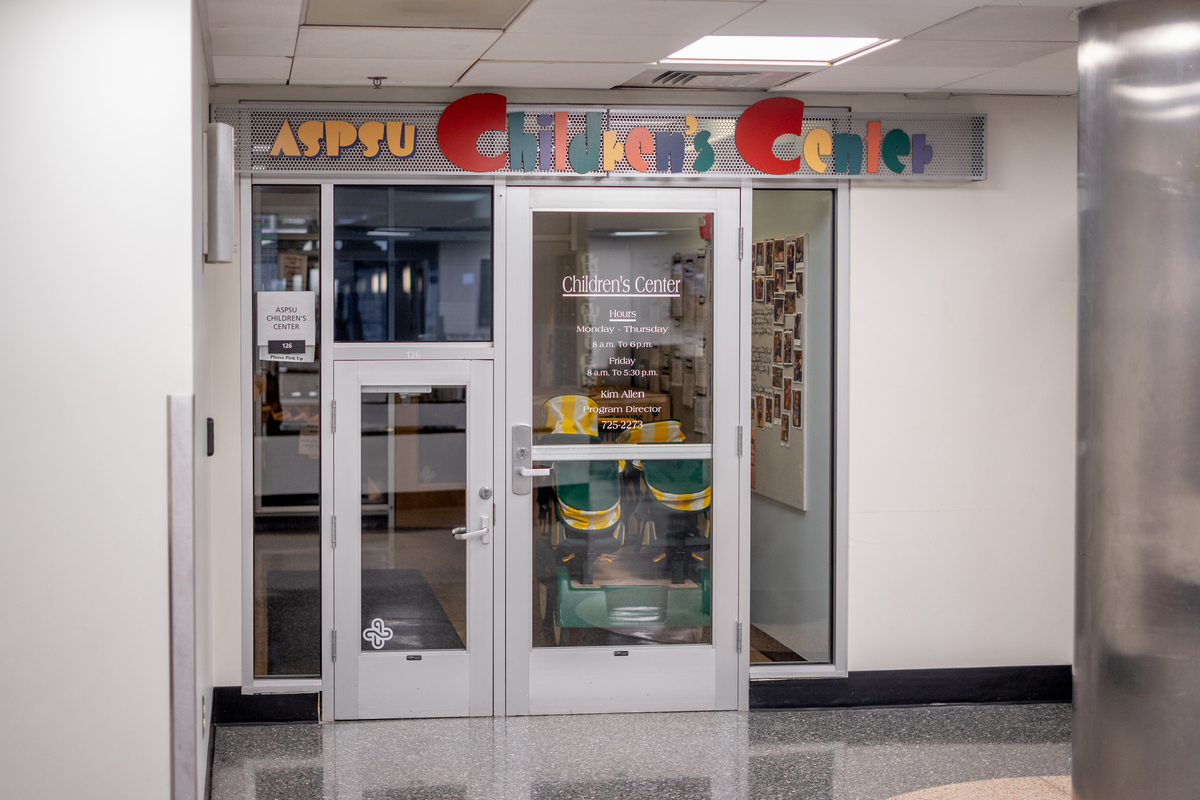Prolific director and screenwriter Jane Campion is getting the double feature treatment at the 5th Avenue Cinema this week. On the docket is her debut feature film Sweetie (1989) and her biopic drama An Angel at My Table (1990).
As someone with a difficult relationship to their disability, Sweetie was a tough watch. The story of the emotionally distant, superstitious Kay (Karen Colston) and her sister Dawn “Sweetie” (Genevieve Lemon), who lives with mental health issues, bears some resemblance to later dysfunctional family dramedies such as Little Miss Sunshine (2006). However, Sweetie is far rougher and less interested in being palatable to the audience. At certain moments, Dawn is sympathetic, maniacal and disturbing because the film revolves around her mental state’s reflection of the family’s broken relationships.
Gordon (Jon Darling), the girls’ father, deludes himself by treating her as a little girl into adulthood, while the mother, Flo (Dorothy Barry), is overly harsh. Kay just wants Dawn out of her house and life. The upsetting nature of the film makes the occasional humorous beat more jarring. Although Sweetie is punctuated by occasional surrealistic and interpretive dream sequences, the film’s small scope and budget emphasize the film’s dry, flat, suburban Australian setting.
From a cinematography standpoint, An Angel at My Table couldn’t be further from the production of Sweetie. Campion’s follow-up film is a dramatization of the biography of author Janet Frame, and the film makes the most of its New Zealand setting. The soft focus and lush surroundings of Frame’s childhood in a poverty-stricken family eventually give way to a harsher color palette as the protagonist and narrator is misdiagnosed with schizophrenia and suffers countless sessions of electroshock therapy. Frame’s eventual triumph is one of the most well-earned moments of cinematic catharsis I’ve seen this year.
While An Angel is a harsh film to watch, Campion’s command of tone in comparison to Sweetie represents a milestone in her career, effectively highlighting Campion’s emergence as a notable filmmaker within the international film scene. To this day, Campion is still the only woman to ever win the Palme d’Or at the Cannes Film Festival.
There’s a common theme throughout Campion’s films, similar to that of “well-behaved women seldom make history,” but when applying this train of thought to the commitment of watching two movies in one afternoon: It’s well worth the time commitment.






